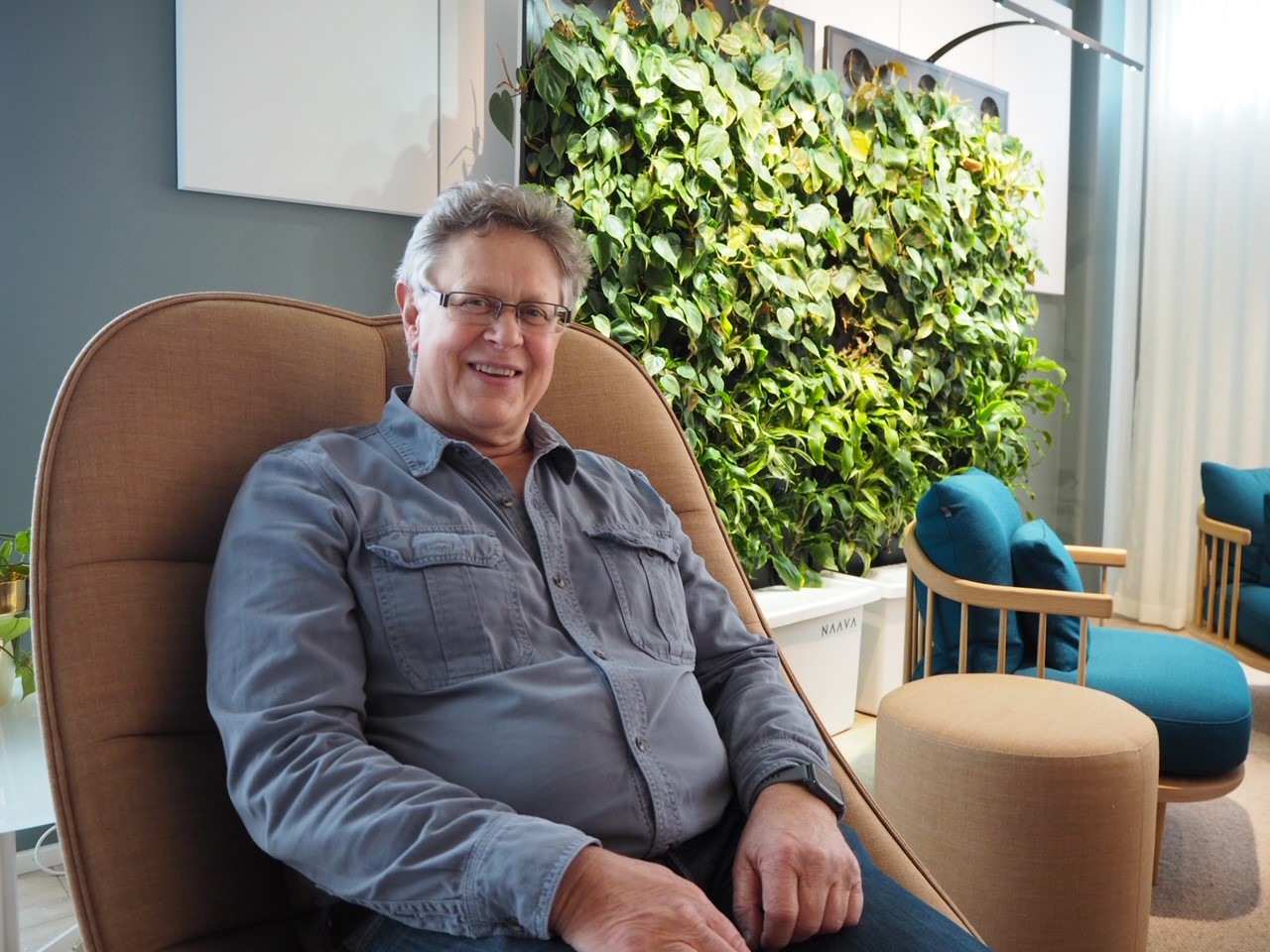Effective treatment of advanced prostate cancer requires multidisciplinary experience and various treatment methods
7.8.2018 Categories: Press releases
Prostate cancer commonly spreads to the bones and lymph nodes. The first-line treatment for metastatic prostate cancer always includes drug therapy, most commonly consisting of anti-androgens (also known as chemical castration), as well as chemotherapy. Radiotherapy can be included in the treatment with special techniques, even if there are extensive metastases.
Anti-androgen and chemotherapy treatments can remain effective for rather long time periods, but usually still lose their efficacy over time. In these circumstances, radionuclide therapy with a radioactive substance that targets the bones has been found to be both an effective and a safe treatment option when metastases exist only in bone structures. With this type of radionuclide therapy, the radioactive substance is introduced to the immediate vicinity of the cancer cells, also in the treatment of prostate cancer with more extensive metastases. Clinical trials have proven the therapy to be well tolerated and efficient. Singular bone metastases can also be treated with external radiotherapy, if necessary.
177-lutetium-PSMA offers a new option for the treatment of metastatic prostate cancer
Patients who have metastases outside their bone structure, and who after a PET-CT scan with F-tracer have been diagnosed with a prostate cancer that uptakes the tracer PSMA, can be treated with the new 177-lutetium-PSMA-radiopharmaceutical. In these cases, the radiation source can be targeted directly to the surface of the cancer cells. These new therapies offer an additional option, among others, to prostate cancer patients whose cancer is advancing in spite of chemotherapy, when chemotherapy causes them adverse effects, or when an elderly patient becomes less tolerant to chemotherapy.
After completing the development work with MAP Medical, Docrates was the first facility in the Nordic countries to introduce cancer treatments with 177-lutetium-PSMA in January 2017. However, prostate cancer patients with metastasised and advancing cancer already undergoing treatment at Docrates Cancer Center received their first treatments already in July 2016. As the actual medicine was not yet available in Finland at that time, it was imported from abroad. The therapeutic response of these first patients has been excellent, as their PSA values have dropped to immeasurably small levels without severe adverse effects. So far, over 1000 patients globally have received the radioactive 177-lutetium-PSMA treatment.
‘We need to treat aggressive forms of prostate cancer more actively, effectively and comprehensively’
Docrates founder & Specialist in Medical Oncology and Radiotherapy Timo Joensuu demands more robust methods in treating metastasised prostate cancer. Joensuu and his team have monitored the treatment outcomes for over patients over a period of 10 years.
– The evidence from our follow-up points at a number of factors that are contributing to excellent treatment outcomes. First of all, in a departure from conventional practice, we prescribe higher doses of anti-androgen therapy to the patients. Secondly, we set out to treat the prostate with a more radical radiotherapy also in the case of metastatic prostate cancer. Thirdly, we also seek to minimise the level of cancer cells found in bone metastases through external radiotherapy, radioisotope therapy or a combination of the two. Fourthly, we time our treatments according to each patient’s individual clinical circumstances and disease progression. This means that we can deliver a bespoke treatment plan for everyone we look after, says Timo Joensuu about his treatment experiences at Docrates Cancer Center.
– According to our treatment policy, we aim to offer radiotherapy to all our metastasised prostate cancer patients – and not only in the prostate, but also in any possibly enlarged pelvic lymph nodes, and in most cases, in singular bone metastases as well. In addition, usually at an early stage of the disease, the men are also administered individual chemotherapy and radioisotope treatments, where appropriate. All these measures reduce the cancer load in the body through a variety of mechanisms. Our results with these treatment methods have been exceptionally good, Timo Joensuu reports.
– The majority of our patients with metastatic prostate cancer have survived five years post-diagnosis and our median survival rate is now as high as 8.35 years**. In other words, the results seem to be a potentially significant improvement in the treatment of metastatic prostate cancer.
Timo Joensuu is a prostate cancer expert, who specialises in the active development of pharmacotherapy and radiotherapy of prostate cancer. He has more than 15 years of experience in stereotactic radiotherapy and is committed to rapidly incorporating new treatment methods to his clinical practice. For example, Docrates was the first hospital in Finland to offer VMAT RapidArc, HDR brachytherapy, and lu-PSMA therapy, all of which represent the most advanced targeted therapies for the treatment of cancer.












